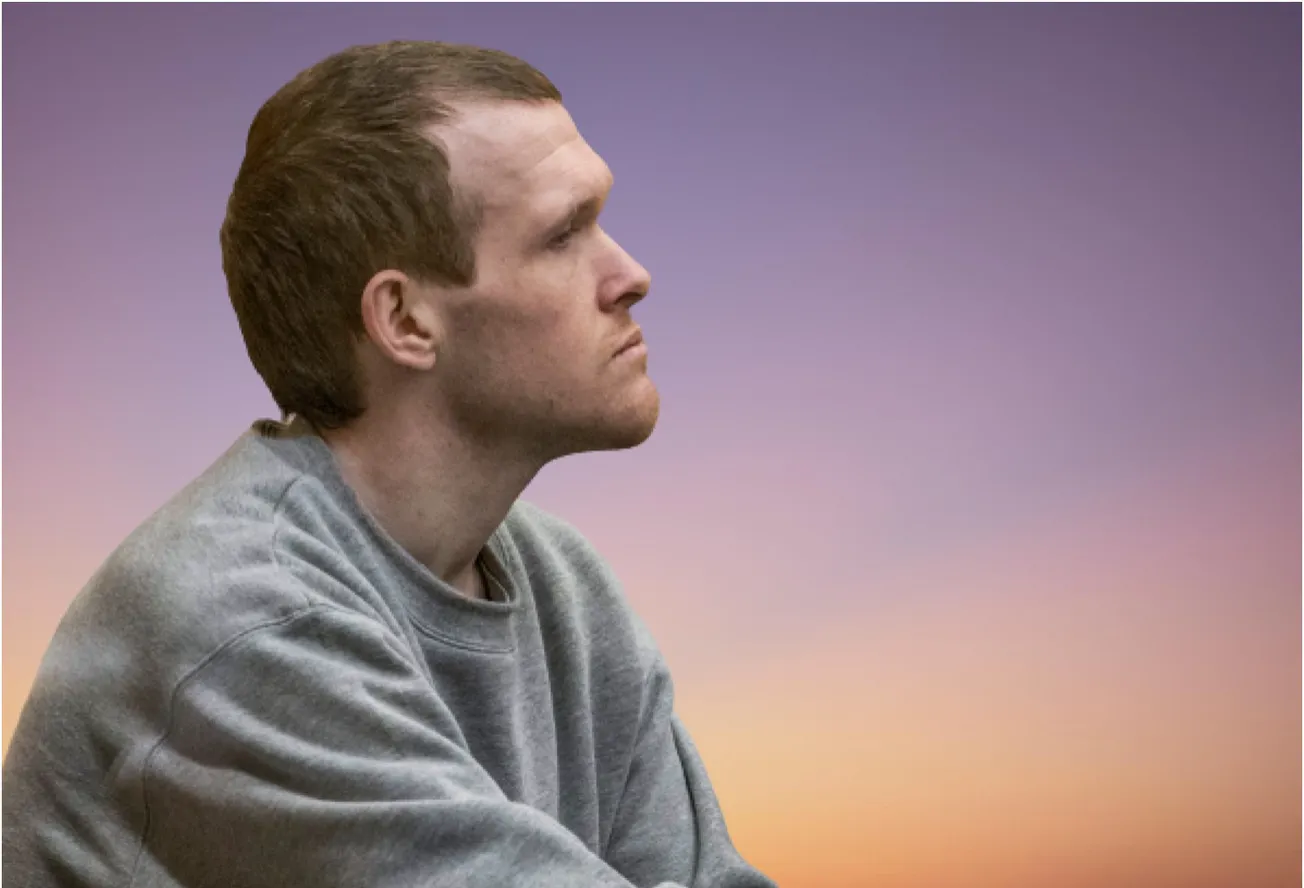Table of Contents
It is somewhat ironic that our Prime Minister, in light of her tendency to censorship and adherence to the ‘social justice’ precepts of the Blairite ‘third way’, was required last week to publish a precis of Brenton Tarrant’s ‘manifesto’ in order to designate him a Terrorist Entity in his own right.
Tarrant is the first natural person to be accorded such a designation. There are nineteen other Terrorist Entities on the list, all of which are either informal corporations, networks or organisations.
The purpose of the Designated Terrorist Entities (DTE) list is to allow New Zealand to meet its commitments under various United Nations Resolutions which require the Member States to take action against terror groups listed by the Security Council. These include ISIL (Daesh), Al-Qaida and the Taliban, which are, without doubt, revolutionary and Islamicist in nature.
In addition to this, UN Resolution 1373 obliges New Zealand to outlaw the financing of, participation in and recruitment to, any ‘terrorist entities’ which Member States might identify themselves.
Of the Terrorist Entities previously recorded by our authorities, the majority (eleven or so) are clearly revolutionary and Islamicist. They include the Al-Aqsa Martyrs’ Brigade, Al-Shabaab al-Islamiya, Indian Mujahideen, Islamic State in the Southern Philippines and Palestinian Islamic Jihad.
The rest are revolutionary socialist establishments. In this camp we have the Colombian Army of National Liberation, the Communist Party of the Philippines and The Shining Path, also known as the Peruvian Communist Party.
Rounding out the ‘most wanted’ list are the Real Irish Republican Army and its sibling the Continuity IRA. Although it may not be immediately apparent, the IRA is closely ideologically matched with the other revolutionary socialist groups.
Sinn Féin, its political wing, did spectacularly well in the Republic of Ireland’s recent elections, and very closely resembles the New Zealand Green Party in terms of social policy, membership and youth appeal.
In short, the whole terrorist ‘hot list’ is a who’s-who of the extreme revolutionary left, split into two cantonments: fascist Marxist-Islamists in one, and fascist Marxist-Leninists in the other.
It is within this environs that Brenton Tarrant has been forced, by none other than Jacinda Ardern, to pitch his tent.
What does Tarrant actually believe? Are any aspects of his beliefs commonly held? And if so, which of these beliefs does decency dictate that we should distance ourselves from?
Alternatively, could any of Tarrant’s beliefs be used, by applying pressure against them, for political capital?
These are not foolish questions. It goes without saying (but I will say it anyway) that to sane, law-abiding people, who would never countenance intimidation as a political tactic, mass murder is inconceivable. Both murder and intimidation are able to be committed, however, without reference to a manifesto.
It is the presence of a formal ‘statement of intent’ which the New Zealand Government is relying upon to classify Tarrant as a DTE. In the absence of such a platform, he would simply be a murderer and a small-t terrorist.
The synopsis of Tarrant’s ‘manifesto’, recently made available to us is as follows. Here I quote and paraphrase only from the designation document and not the ‘manifesto’ itself.
“The first and most immediate objective of Tarrant’s attack,” says the Government, is “to reduce immigration rates by intimidating an “invader” community”.
“A secondary set of objectives centres on concern about both environmental degradation and “population replacement” in Europe.”
The third strand is his “ongoing extremist efforts to destabilise and undermine liberal democracies. Tarrant repeatedly states that he considers contemporary Western countries to be infected with social and moral decay”.
It is the final part which is the most interesting. Here Tarrant exploits a vein common in conservative thought to expose himself very much as a reactionary, rather than a revolutionary.
Many people will share this (isolated) view that contemporary society is indeed beset with social and moral ills. How holding this view alone might lead to the destabilisation and undermining of liberal democracy is not made clear.
Tarrant is wrong in his belief that our decline in societal standards is due to immigrant communities. The rot, in fact, lies within the host. Our self-managed obsolescence is almost entirely due to our own Western Cultural Revolution of the past sixty years, and not to changes wrought by immigrants from other cultures.
It is permissive domestic social policy which we ought to be examining – around drugs, abortion law, the sanctity of married family life, the deliberately unstructured ‘de-education’ of our children – none of which has anything to do with immigration, and which most immigrant communities are, in any case, opposed to.
Yet it is permissive social policy, with its continued relaxing of ‘the rules’, which is so central to Ardern’s on-going policy programme. Her Social Revolution is a slow revolution, and those on the Fabian left with Ardern are the Slow Revolutionaries.
The only real difference, in fact, between Ardern and those stalwarts of the DTE list is the intended speed of change and the manner in which their (largely shared) objectives are attained.
Now that Tarrant’s reactionary thoughts have been formalised as a great ‘anti-edict’, they can be used politically by the Ardern Government to prohibit opposition to movement on ‘progressive’ social policy, or to our continuing journey down the dead-end path otherwise known as moral intemperance.
In citing Tarrant’s “efforts to destabilise” Western liberal democracy, the Government refers obliquely to his attempt to halt legal immigration through terror.
But we should never forget that it is every sovereign nation’s right to limit immigration, should it choose to, by democratic means.
An anti-immigration position is not a position against democracy, and one must hope that the immigration debate in Western nations (in such limited form as it currently exists) be allowed to continue unhindered in the interests of – absurdly given the context – democracy.
The person who has made most headway in destabilising and undermining New Zealand’s liberal democracy in the past year is not Tarrant but, to the contrary, Ardern herself, through her handling of emergency powers during the SARS-CoV-2 episode.
Tarrant’s second manifesto item around environmental degradation caused by population growth is again reactionary rather than revolutionary and lifted directly from the Green Movement’s policy platform of the 1990s. It was the Australian Greens who posited that their continent could only sustain a limited human population, which they then sought to limit.
A major Green U-turn occurred earlier this century when the ‘old guard’ left and the party re-branded itself as a Marxist ‘social justice’ organisation.
We are therefore no longer allowed to say that population increase (which in the West is generally through migration) creates pressure on the environment. Although it clearly does. One only needs to look at Auckland’s on-going water shortage, or our major cities’ strained transport networks, to see this.
There is also no doubt that the creation of monocultural ethnic ghettos across Europe – where indigenous people no longer live, where the national language is no longer spoken, and where native customs and culture are no longer practiced – is socially problematic.
It’s only the political class which cannot see this, as evidenced by the UK Labour Party’s Neil Coyle, the MP for Bermondsey, who recently took to Twitter to label Brexit voters “absolute s**tbag racist w***ers’ and ‘fat old racists” for wanting to take back control of Britain’s borders from the EU.
This view, common on the left, is no doubt shared by Ardern, which brings us to Tarrant’s overarching objective, which seems to be that of arresting change.
One hopes that Tarrant’s designation amidst the Islamist and Communist revolutionaries – syndicates which are far closer in ideological intent to Ardern’s Labour Party, and to the Greens, than they are to almost any other political movement in New Zealand at present – does not signal the closing of the door, for ever, on political debate.
But then the left, for all of its revolutionary zeal, or more likely because if it, loathes open discussion.
Statement of Case Brenton Harrison Tarrant by Juana Atkins on Scribd
If you enjoyed this BFD article please share it.








